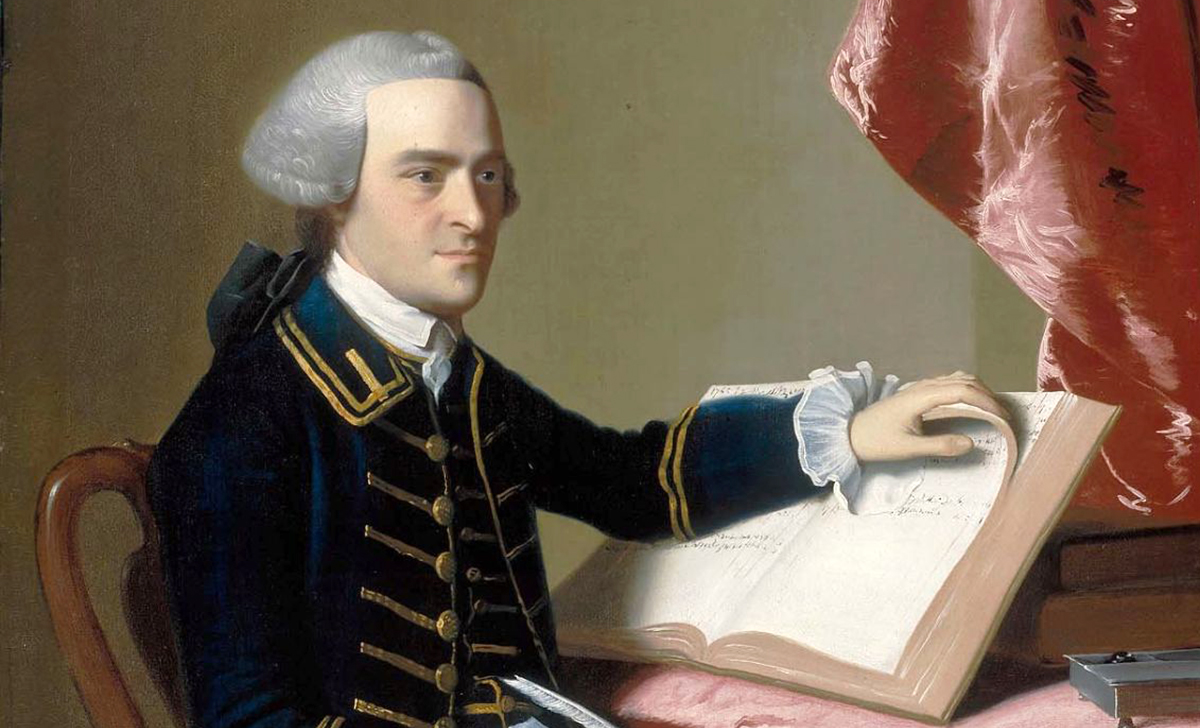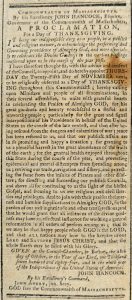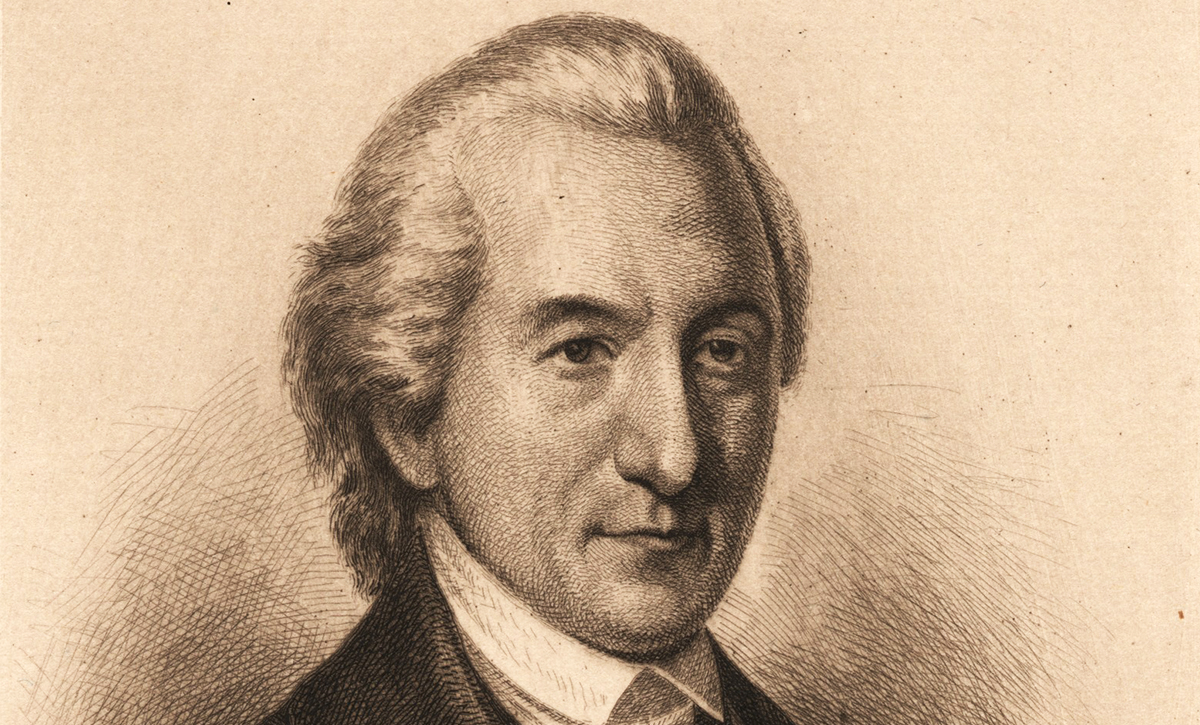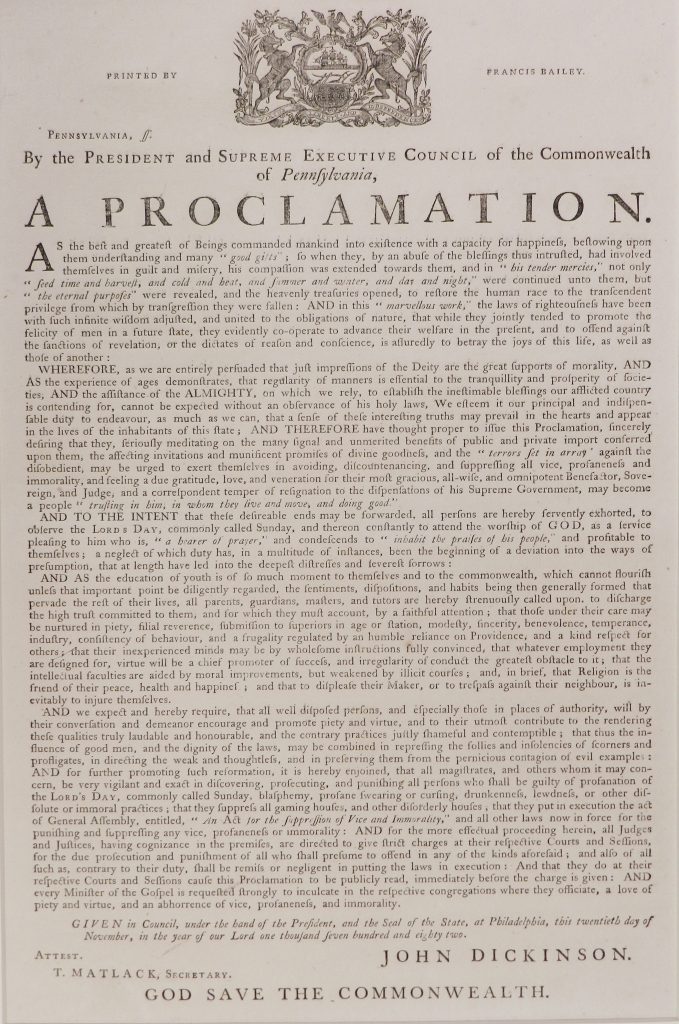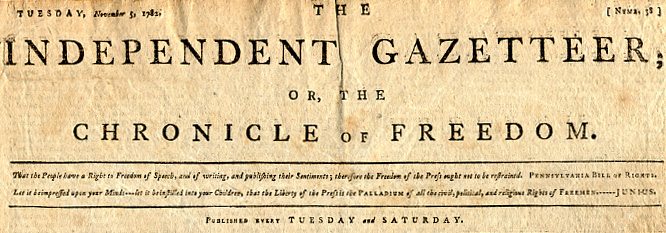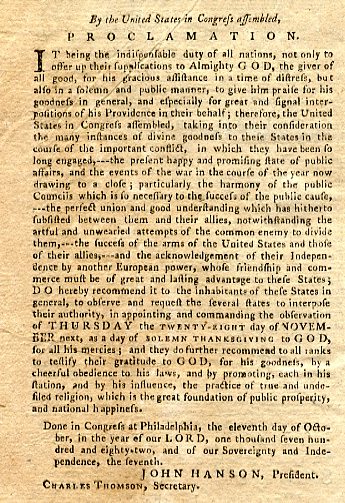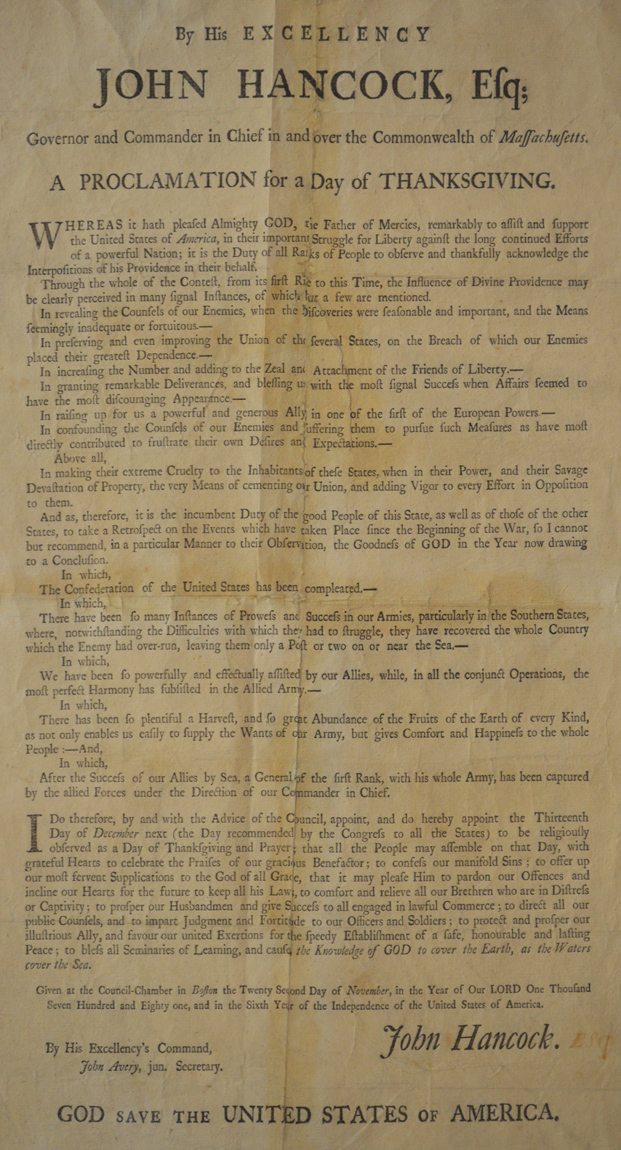This proclamation was issued by John Dickinson as president of Pennsylvania on November 20, 1782 asking the people to observe the Lord’s Day and continue worshiping God.
By the President and Supreme Executive Council of the Commonwealth of Pennsylvania,
A Proclamation.
As the best and greatest of Beings commanded mankind into existence with a capacity for happiness, bestowing upon them understanding and many “good gifts“; so when they, by an abuse of the blessings thus intrusted, had involved themselves in guilt and misery, his compassion was extended towards them, and in “his tender mercies,” not only “seed time and harvest, and cold and heat, and summer and winter, and day and night,” were continued unto them, but “the eternal purposes” were revealed, and the heavenly treasuries opened, to restore the human race to the transcendent privilege from which by transgression they were fallen: AND in this “marvelous work,” the laws of righteousness have been with such infinite wisdom adjusted, and united to the obligation of nature, that while they jointly tended to promote the felicity of men in a future state, they evidently cooperate to advance their welfare in the present, and to offend against the sanctions of revelation, of the dictates of reason and conscience, is suredly to betray the joys of this life, as well as those of another.
Wherefore, as we are entirely persuaded that just impressions of the deity are the great supports of morality, AND As the experience of ages demonstrates, that regularity of manners is essential to the tranquility and prosperity of societies, AND the assistance of the Almighty, on which we rely, to establish the inestimable blessings our afflicted country is contending for, cannot be expected without an observance of his holy laws, We esteem it our principal and indispensable duty to endeavor, as much as we can, that a sense of these interesting truths may prevail in the hearts and appear in the lives of the inhabitants of this state; And Therefore have thought proper to issue this Proclamation, sincerely desiring that they seriously meditating on the many signal and unmerited benefits of public and private import conferred upon them, the affecting invitations and munificent promises of divine goodness, and the “terrors set in array” against disobedient, may be urged to exert themselves in avoiding, discountenancing, and suppressing all vice, profaneness and immorality, and feeling a due gratitude, love, and veneration for their most gracious, all-wise, and omnipotent Benefactor, Sovereign, and Judge, and correspondent temper of resignation to the dispensations of his Supreme Government, may become a people “trusting in him, in whom they live and move and doing good.”
And to the intent that these desirable ends may be forwarded, all persons are herby fervently exhorted, to observe the Lord’s Day, commonly called Sunday, and thereon constantly to attend the worship of GOD, as a service pleasing to him who is, “a hearer of prayer,” and condescends to “inhabit the praises of his people,” and profitable to themselves; a neglect of which duty has, in multitude of instances, been the beginning of a deviation into the ways of presumption, that at length have led into the deepest distresses and severest sorrows:
And As the education of youth is of so much moment to themselves and to the commonwealth, which cannot flourish unless that important point be diligently regarded, the sentiments, dispositions, and habits begin then generally formed that pervade the rest of their lives, all parents, guardians, masters, and tutors are herby strenuously called upon, to discharge the high trust committed to them, and for which they must account, by a faithful attention; that those under their care may be nurtured in piety, filial reverence, submission to superiors in age or station, modesty, sincerity, benevolence, temperance, industry, consistency of behavior, and frugality regulated by an humble reliance on Providence, and a kind respect for others; that their inexperienced minds may be by wholesome instructions fully convinced, that whatever employment they are designed for, virtue will be a chief promoter of success, and irregularity of conduct the greatest obstacle to it; that the intellectual faculties are aided by moral improvements, but weakened by illicit courses; and in brief, that Religion is the fiend of their peace, health and happiness; and that to displease their Maker, or trespass against their neighbor, is inevitably to inure themselves.
AND we expect and hereby require, that all well disposed persons, and especially those in places of authority, will by their conversation and demeanor encourage and promote piety and virtue, and to their utmost contribute to the rendering these qualities truly laudable and honorable, and the contrary practices justly shameful and contemptible; that thus the influence of good men, and the dignity of the laws, may be combined in repressing the follies and insolencies of scorners and profligates, in directing the weak and thoughtless, and in preserving them from the pernicious contagion of evil examples; AND for further promoting such reformation, it is hereby enjoined, that all magistrates, and others whom it may concern, be very vigilant and exact in discovering, prosecuting, and punishing all persons who shall be guilty of profanation of the Lord’s Day, commonly called Sunday, blasphemy, profane swearing or cursing, drunkenness, lewdness, or other dissolute or immoral practices; that they suppress all gaming houses, and other disorderly houses, that they put in execution the act of General Assembly, entitled, “An Act for the suppression of Vice and Immorality,” and all other laws now in force for the punishing and suppressing any vice, profaneness or immorality: AND for the more effectual proceeding herein, all Judges and Justice, having cognizance in the premises, are directed to give strict charges at their respective Courts and Sessions, for the due prosecution and punishment of all who shall presume to offend in any of the kinds aforesaid; and also of all such as, contrary to their duty, shall be remiss or negligent in putting the laws in execution: And that they do at their respective Courts and Sessions cause this Proclamation to be publicly read, immediately before the charge is given: AND every Minister of the Gospel is requested strongly to inculcate in the respective congregations where they officiate, a love of piety and virtue, and an abhorrence of vice, profaneness, and immorality.
Given in council, under the hand of the President, and the Seal of the State, at Philadelphia, this twentieth day of November, in the year of our Lord one thousand seven hundred and eighty two.
John Dickinson.
Attest.
T. Matlack,, Secretary.
God Save the Commonwealth.
 Easter is celebrated across the world as one of the most significant Christian holy days. It is when Christians pause to remember the great sacrifice of Jesus on the cross as well as the ultimate triumph of His resurrection.
Easter is celebrated across the world as one of the most significant Christian holy days. It is when Christians pause to remember the great sacrifice of Jesus on the cross as well as the ultimate triumph of His resurrection.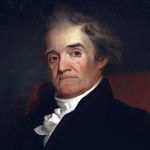 As Noah Webster, author in 1828 of America’s first English-language dictionary, affirmed:
As Noah Webster, author in 1828 of America’s first English-language dictionary, affirmed:The approaching festival of Easter, and the merits and mercies of our Redeemer copiosa assudeum redemptio have lead me into this chain of meditation and reasoning, and have inspired me with the hope of finding mercy before my Judge, and of being happy in the life to come — a happiness I wish you to participate with me by infusing into your heart a similar hope.
He forgave the crime of murder on His cross; and after His resurrection, He commanded His disciples to preach the gospel of forgiveness, first at Jerusalem, where He well knew His murderers still resided. These striking facts are recorded for our imitation and seem intended to show that the Son of God died, not only to reconcile God to man but to reconcile men to each other.
Yesterday, Christendom celebrated Easter—the anniversary of the Resurrection of Our Lord Who, at the beginning of His ministry was thirty years of age and at His death was only thirty-three. Christianity began with youth, and through the last two thousand years, the spirit of youth repeatedly has revitalized it.
Beginning today and culminating on Sunday morning, Christians will celebrate with their families the resurrection of Christ, His victory over death. We will remember that He gave His body and His blood—washing clean the faults and the shortcomings of the world. In our rejoicing we will renew the hope that is ours through the risen Lord.
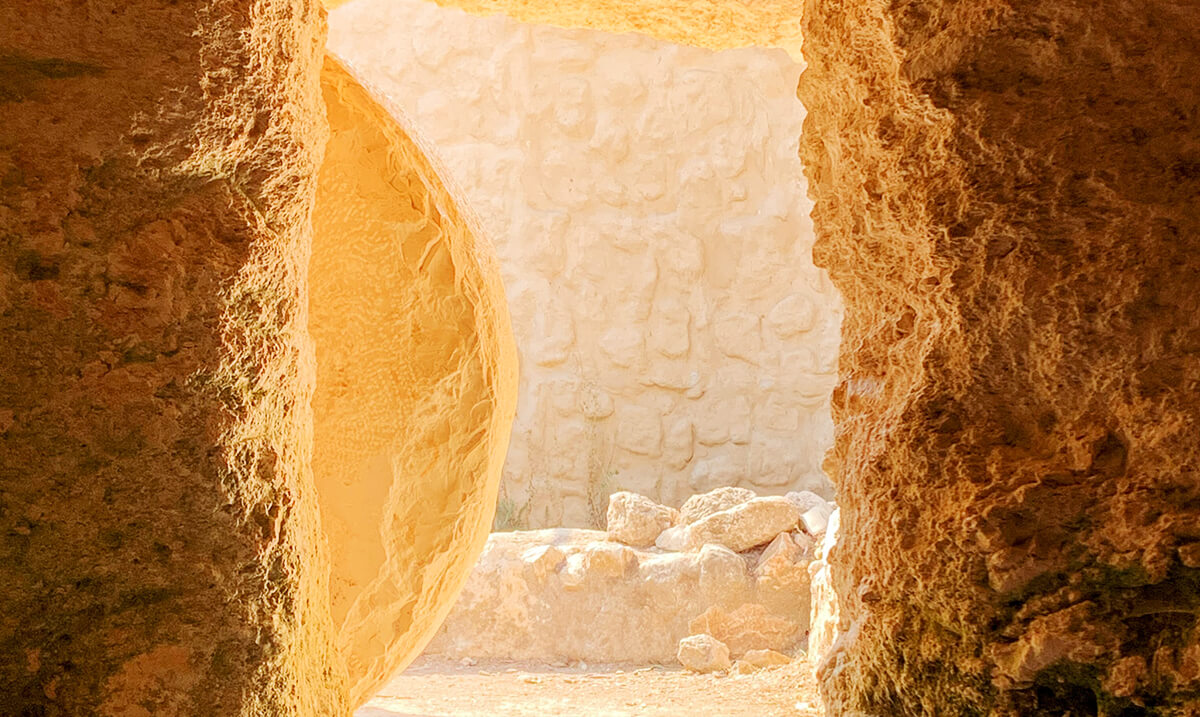
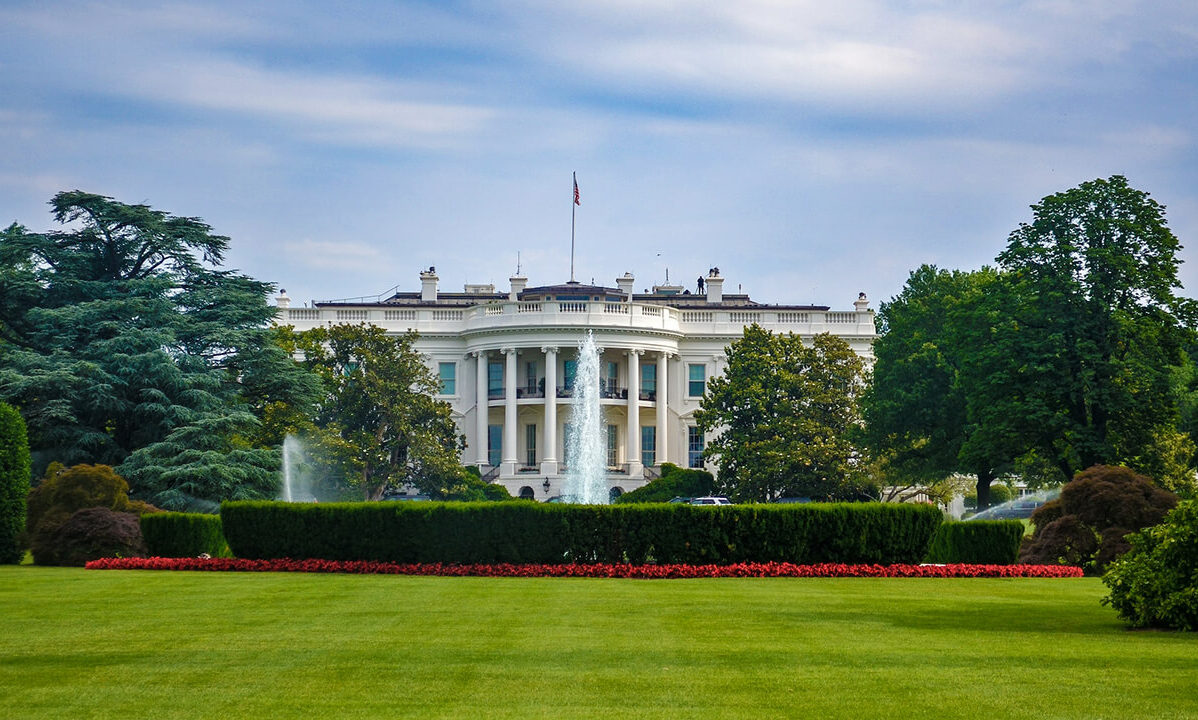
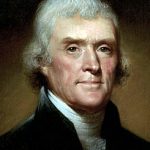 America is a blessed nation. We enjoy a level of political stability,
America is a blessed nation. We enjoy a level of political stability, 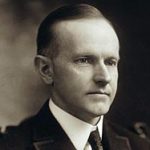 [T]he authority of law, the right to equality, liberty, and property under American institutions, have for their foundation reverence for God. If we could imagine that to be swept away, these institutions of our American government could not long survive.
[T]he authority of law, the right to equality, liberty, and property under American institutions, have for their foundation reverence for God. If we could imagine that to be swept away, these institutions of our American government could not long survive.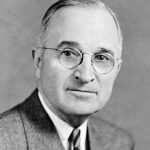 The Constitution and the Declaration of Independence can live only as long as they are enshrined in our hearts and minds. If they are not so enshrined, they would be no better than mummies in their glass cases, and they could in time become idols whose worship would be a grim mockery of the true faith. Only as these documents are reflected in the thoughts and acts of Americans can they remain symbols of a power that can move the world.
The Constitution and the Declaration of Independence can live only as long as they are enshrined in our hearts and minds. If they are not so enshrined, they would be no better than mummies in their glass cases, and they could in time become idols whose worship would be a grim mockery of the true faith. Only as these documents are reflected in the thoughts and acts of Americans can they remain symbols of a power that can move the world.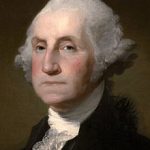 On Presidents Day — and with a presidential election directly in front of us — let’s remember the
On Presidents Day — and with a presidential election directly in front of us — let’s remember the 
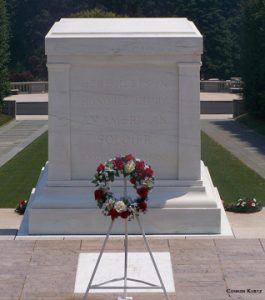 The Korean War Memorial in Washington D.C. reminds us: “Freedom is not free!” Americans have long understood this, and across the generations 42 million men and women — serving as soldiers, sailors, and airmen — have been willing to give their time, talents, and even their lives to protect America and her cherished freedoms. To honor these courageous citizens, November 11, is
The Korean War Memorial in Washington D.C. reminds us: “Freedom is not free!” Americans have long understood this, and across the generations 42 million men and women — serving as soldiers, sailors, and airmen — have been willing to give their time, talents, and even their lives to protect America and her cherished freedoms. To honor these courageous citizens, November 11, is 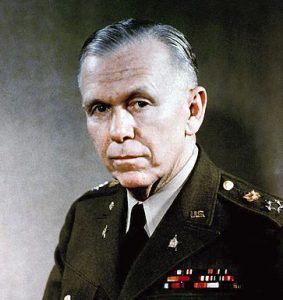 General George C. Marshall, a famous military leader during World War II, summarized the mission of these warriors when he
General George C. Marshall, a famous military leader during World War II, summarized the mission of these warriors when he 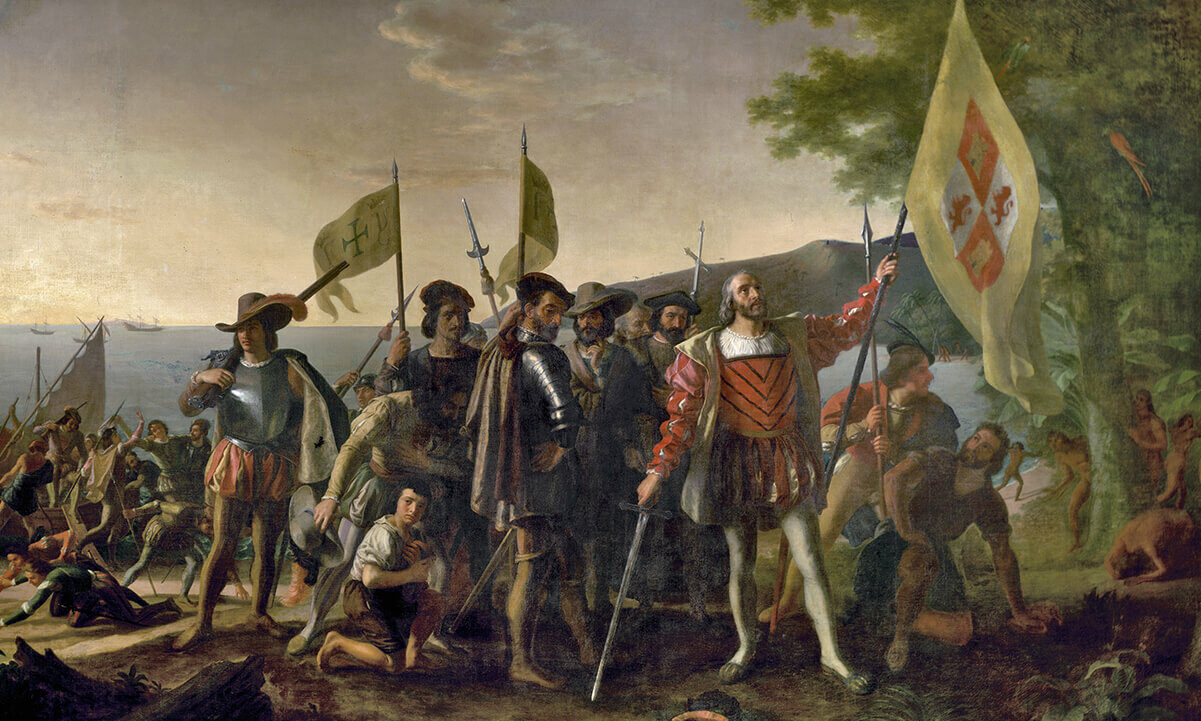
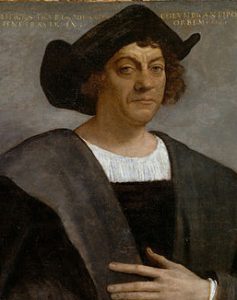 Columbus Day has become yet another occasion for tearing down our American heritage and heroes. Perhaps no other holiday in American history has so quickly gone from one honoring a venerated hero, to now portraying him as a
Columbus Day has become yet another occasion for tearing down our American heritage and heroes. Perhaps no other holiday in American history has so quickly gone from one honoring a venerated hero, to now portraying him as a 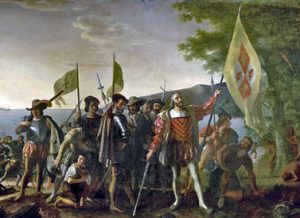 Have your children read
Have your children read 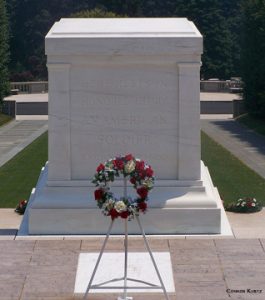 America has a long history of military members who have shown extraordinary courage, with many willingly giving their lives to secure the freedoms our nation enjoys, freedoms we often take for granted. On Memorial Day (originally known as Decoration Day
America has a long history of military members who have shown extraordinary courage, with many willingly giving their lives to secure the freedoms our nation enjoys, freedoms we often take for granted. On Memorial Day (originally known as Decoration Day One amazing example of heroism occurred during the Campaign of Guadalcanal (August 1942-February 1943).
One amazing example of heroism occurred during the Campaign of Guadalcanal (August 1942-February 1943).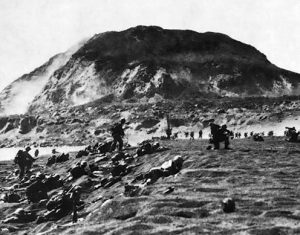 Later in the war at the Battle of Iwo Jima (February 19-March 26, 1945),
Later in the war at the Battle of Iwo Jima (February 19-March 26, 1945),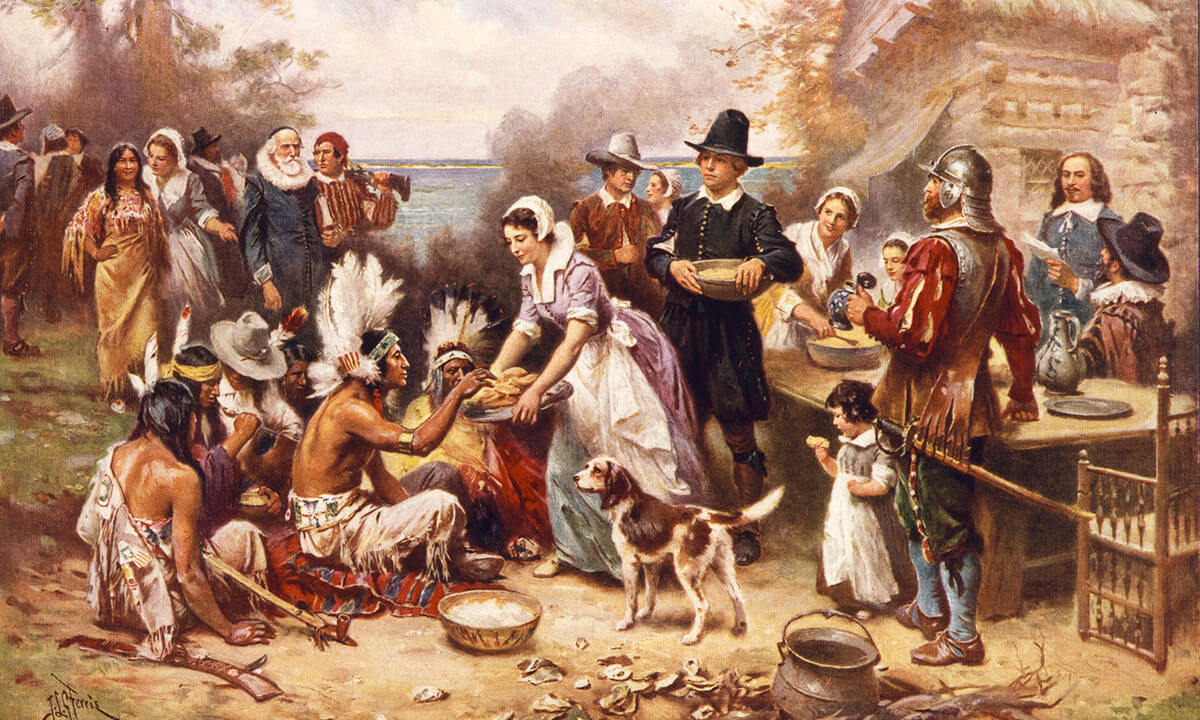
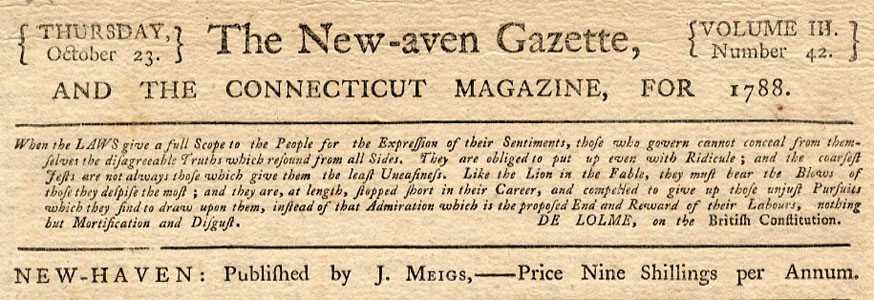

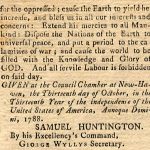 Given at the Council Chamber at New-Haven, the Thirteenth day of October, in the Thirteenth Year of the independence of the United States of America, Annoque Domini, 1788.
Given at the Council Chamber at New-Haven, the Thirteenth day of October, in the Thirteenth Year of the independence of the United States of America, Annoque Domini, 1788.